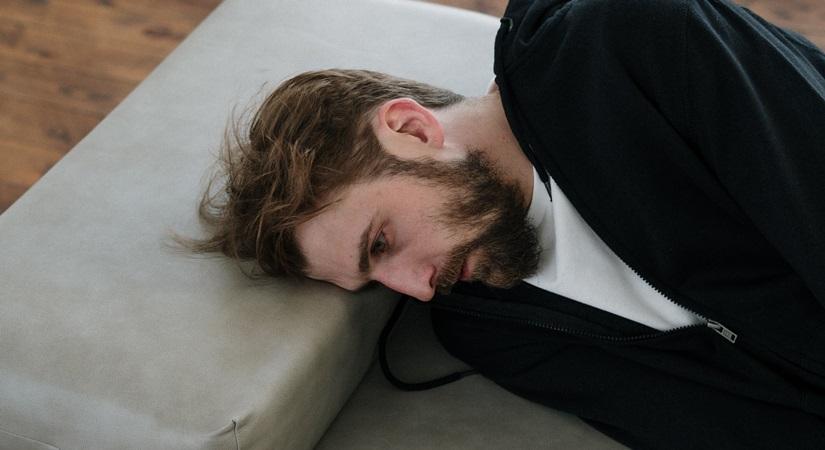Stressing that it was a time when she was not herself, Chander remembers asking the Professor if she would ever be a good psychiatrist — considering she was battling the disease herself. Her doctor paused and assured her she would be a better one as she would always have a deeper idea of what her patients were going through…writes Sukant Deepak
It was 2020 when she started feeling anxious, and then started the act of cutting herself. It was impossible for her to stay still, there were uncontrollable spells of crying. From loss of appetite and sleep to inability to focus on anything — she had all the classic symptoms of anxiety and depression which any psychiatrist could decipher in the first meeting itself.
Just, in this case, this was happening to a psychiatrist.
When Aashima Chander (name changed) joined the Psychiatry department of Chandigarh’s prestigious Post Graduate Institute of Medical Education and Research (PGIMER) three years back as a Junior Resident, she initially assumed it was the high-pressure job — long working hours, strenuous academic demands and the massive number of consultations that were taking a toll on her.
“Those who make it to PGI’s post-graduate programme are overachievers and even a small dip in performance can lead to a feeling of worthlessness. And of course, there were times when I thought the teachers would think less of me — that I am unable to cope with the pressure. I may have joined the Department of Psychiatry but I was still a novice and did not realize that I was suffering from a mental illness for a long time. It was during a long spell of crying in the washroom, that a friend pulled me and forced me to see one of our Professors,” recalls the 28-year-old, originally from Prayagraj.
Stressing that it was a time when she was not herself, Chander remembers asking the Professor if she would ever be a good psychiatrist — considering she was battling the disease herself. Her doctor paused and assured her she would be a better one as she would always have a deeper idea of what her patients were going through.
Her husband, who is also a doctor pushed her to consult one. And Chandra’s mother played a special role. “She stayed with me when I was at my lowest. One day when I returned from the office, there were heart marks drawn with nail paint on every sharp object in her room — knives, and paper cutters.”

Ask her if she ever feels a certain disbelief that a mental health professional is suffering from this condition, and she smiles, “Not at all. Because I am a psychiatrist and know that this is an illness that can strike anyone.”
But Chandra recently who recently had a relapse, took a long time before she approached her consultant. “Let’s say, I was in denial — like any other patient.”
Along with medications, what helped her were certain observations made by her Professor during multiple sessions. “The fact that I had a tendency to always seek and thrive on appreciation, something that made me push my boundaries to what I wasn’t comfortable with and force me to overwork. he told me that this could also lead to professional abuse. Frankly, I am still changing that about myself.”
As the conversation veers to how mental illness is perceived in India even in this time and age, she feels the situation is sad across the world: “A patient is assumed to be harmful and out of control. Media and film descriptions have also added to that, there were really weird depictions even 10 years ago, although we have become somewhat more sensitive about it now. In a corporate setup, the top management tends to feel that someone with mental illness may not be able to handle the stress and then eventually turn out to be a liability. And of course, then there are psychiatric illnesses deniers who insist it is a hoax.”
The doctor, who is no longer with PGI now, applauds other professionals in her department for their sensitivity and for giving her the ‘space’. “Not that I announced my illness, but they know. And have never been intrusive. Once during my low phase, I was on emergency duty with a very strict Senior Resident. There was an immense work backlog, and I just started crying inconsolably. It was a panic attack. He sat there, kept looking at me, and did not say anything. After a while, handed me a glass of water. The act of not offering a quick fix was extremely kind.”
ALSO READ-Tips to save your sight during summers
